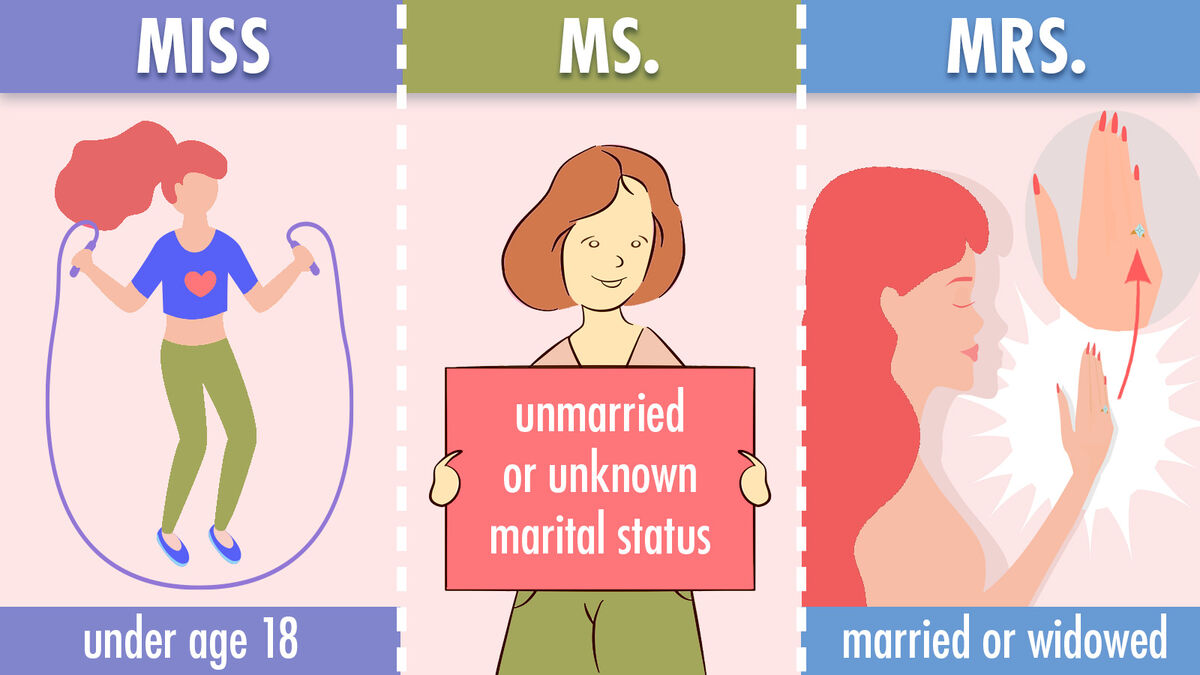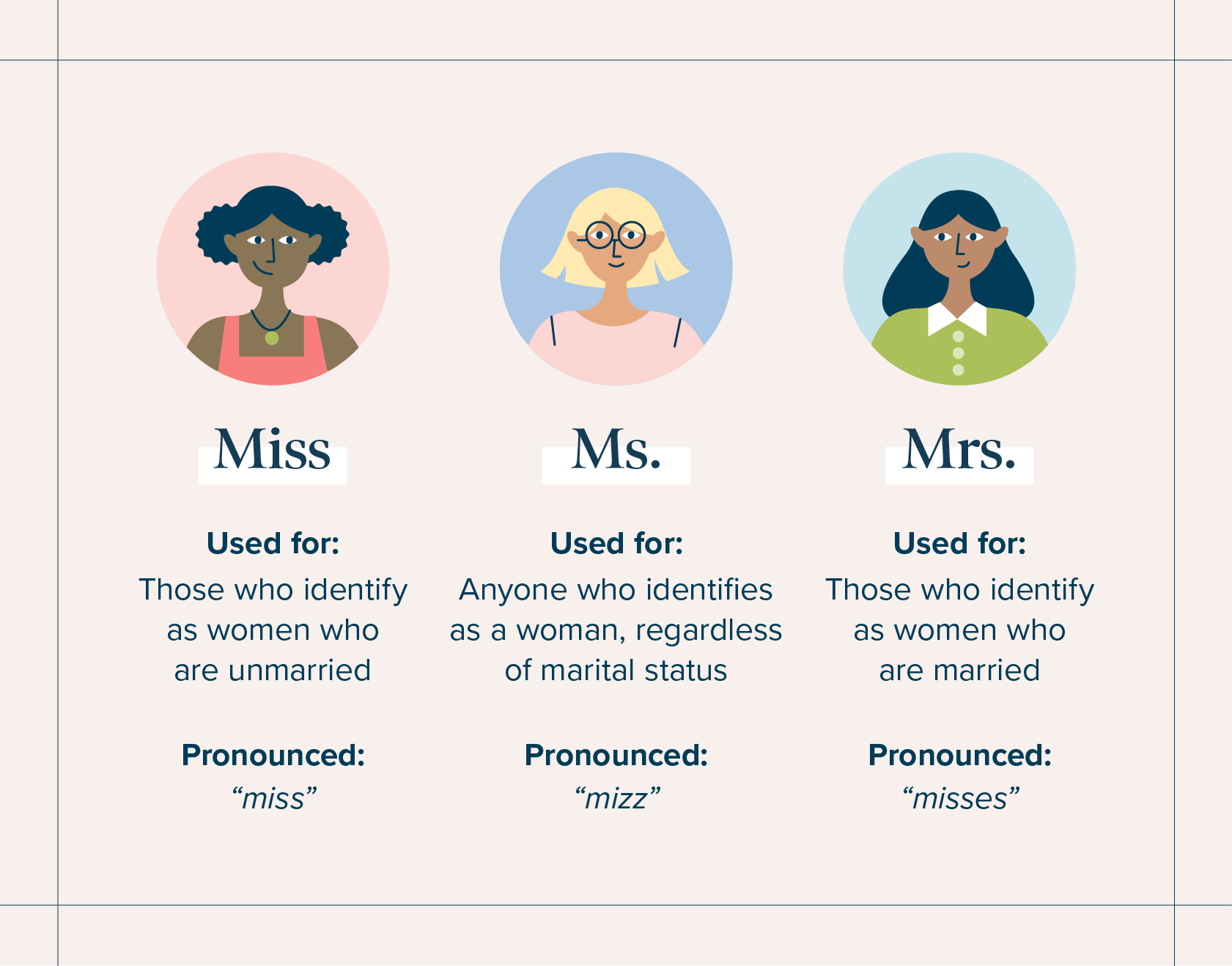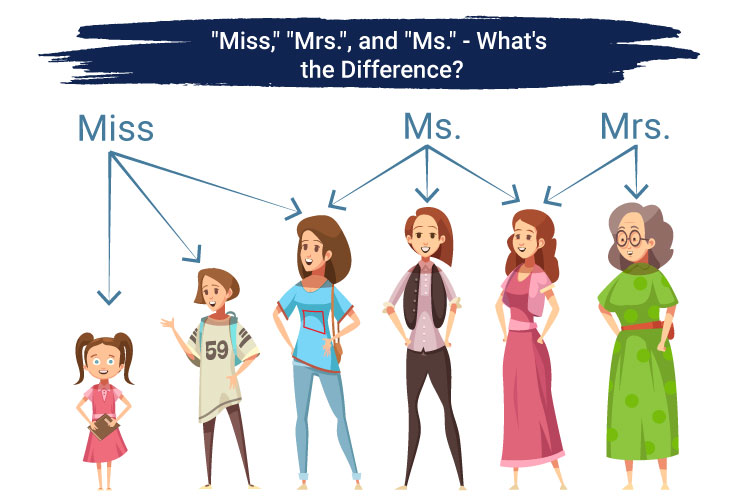Mrs Poindexter Joi - Understanding Titles With Grace
- When Is Season 3 Of The Old Man
- Tejas Motors Inventory Lubbock Tx
- Cacoon House
- Or Mash Body
- Empire Beauty Supplies
Table of Contents
- The Polite Way We Speak to Each Other
- What Do These Titles Really Mean?
- Ms. - A Choice for Modern Times
- Why Does Picking the Right Title Matter So Much?
- Are There Times When a Title Like mrs poindexter joi Isn't the Best Fit?
- A Final Thought on Titles
When we talk with people, or when we write a letter, there's a certain way we show we respect them. It's almost like a little nod, a sign that we recognize who they are and their place in things. These small words we put before a person's name, like "Mr." or "Mrs.," are a big part of how we make that connection. They are, in a way, a very basic courtesy, helping us start conversations on a good foot.
It turns out that these simple titles carry quite a bit of history and social meaning. They help us sort out how to address someone, whether it's in a quick chat at the grocery store or in a more formal note. Knowing when to use each one really helps smooth things over in our daily back-and-forth, making sure everyone feels acknowledged and spoken to in a fitting manner. So, getting these little details right can make a big difference in how our messages are received, don't you think?
This whole idea of using titles is pretty interesting, especially when you think about how they have changed over time and what they tell us about how society views people. We're going to take a closer look at what each title means, when you might use it, and why it continues to be a part of how we interact, especially when we consider someone like a married woman who might go by "Mrs." It's a small thing, yet it holds a lot of weight in how we communicate with each other, actually.
The Polite Way We Speak to Each Other
We often use special words, sometimes called honorifics, right before someone's name. These little words are a way of showing respect. It's a common practice, you know, a sort of social shorthand that helps us understand a bit about the person we are talking to or writing about. For men and boys, for instance, we typically use "Mr." It's a straightforward way to address them, pretty much always the same. This simple prefix lets us know how to refer to them in a polite and generally accepted fashion, which is something we do without much thought, most of the time.
When it comes to women, the situation can be a little more varied, which is interesting. Traditionally, "Mrs." has been the title chosen for a woman who is married. This usage has been around for a long, long time, and it signals a particular marital status. Then there is "Miss," which has been the usual way to address a woman who is not married, often a younger one. These titles, in a way, have served as markers, giving a quick hint about a woman's life situation, at least in a historical sense. It is, you know, part of how language evolves to reflect social norms.
However, things have shifted a bit over the years, and a different option has come into common use: "Ms." This title is a bit different because it does not tell you anything about a woman's marital status. It's a more neutral choice, and it can be used for any woman, whether she is married or not. This flexibility makes it a very useful option, especially when you are not sure about someone's personal life or if you just want to be generally inclusive. So, in some respects, it offers a broader way to show respect without making assumptions, which is a good thing.
What Do These Titles Really Mean?
Each of these titles has its own story and its own specific use. When we pick one, we are, in a way, making a small decision about how we present our communication. It’s not just about politeness; it’s also about clarity and, sometimes, about respecting personal preference. Knowing the subtle distinctions can really help us avoid any awkward moments and make our interactions flow more smoothly. This is, you know, part of what makes language so rich and, at times, a bit tricky to get just right.
Mrs. and the Meaning it Carries for mrs poindexter joi
"Mrs." is a title that has been around for a very long time, and it is usually reserved for a woman who is married. It's a traditional courtesy, a way to show respect, and it typically comes right before her family name. For example, if we were to talk about someone like mrs poindexter joi, using "Mrs." before her name immediately tells us something about her marital standing. It is, basically, a very direct indicator. This title is actually an abbreviated form of the word "missus," and when you say "Mrs.," you pronounce it just like "missus." It's a pretty clear connection, isn't it?
This title has a long history of use. In the past, it was quite common to see "Mrs." used not just with a woman's own family name, but sometimes even with her husband's first name, which is a bit different from how we typically do things now. So, for instance, you might have seen something like "Mrs. John Smith" to refer to John Smith's wife. This practice has mostly faded out, but it shows how titles reflect the social customs of their time. Today, if you know a woman is married, or if she is a widow, "Mrs." is generally the title you would pick, you know, to be polite.
There are situations, however, where you might not use "Mrs." even for a married woman. If she holds a title of rank, perhaps in the military, or an honorific like "Doctor," or a professional title, that specific title would usually take precedence over "Mrs." It’s about recognizing the highest form of address that applies to her. So, while "Mrs." is a common and respectful choice, it's not the only one, and it depends a bit on the context. It's almost like choosing the right tool for the job, in a way.
Miss- A Look at Tradition
The title "Miss" also has a long and interesting history. Traditionally, it has been the formal way to address a woman who is not married. You often see it used for younger women, or for girls. It's a straightforward way to refer to someone without implying a marital connection. This usage has been consistent for many years, serving as a clear signal of a woman's unmarried status. So, it's pretty much the counterpart to "Mrs." in the traditional system, you see.
While "Miss" is still in use, its application can sometimes feel a bit more limited in modern conversations. It's typically reserved for young, unmarried individuals. As women get older, even if they remain unmarried, "Ms." often becomes a more common and preferred choice. This shift reflects a broader change in how we think about addressing women, moving away from always needing to know or highlight their marital state. It's a subtle but important difference, really.
The use of "Miss" really highlights a time when a woman's marital status was considered a very public and important piece of information. It was part of how society categorized and understood individuals. While that emphasis has lessened, the title itself remains a part of our language, particularly in certain settings or when speaking about younger people. It's a reminder of how our words carry echoes of past social structures, in some respects.
Ms. - A Choice for Modern Times
The title "Ms." stands out as a more recent addition to our ways of addressing women, and it came about for some very thoughtful reasons. It offers a kind of neutrality that the other titles, "Mrs." and "Miss," do not. When you use "Ms.," you are not making any statement about whether a woman is married or not. This makes it a very versatile option, especially in situations where marital status is not known or simply not relevant to the conversation. It's a pretty handy choice, actually.
This title is often preferred by women who wish to be addressed without their marital status being highlighted. It puts the focus more on the individual herself, rather than her relationship status. This can be particularly important in professional settings or in general correspondence where personal details like marriage might not be appropriate or necessary to mention. So, it gives a bit more control to the individual, which is good.
How Did Ms. Come About and Why Does It Matter for mrs poindexter joi?
The title "Ms." started gaining traction in the 1950s, and it really picked up speed in the 1970s. It came about as women began to seek ways to be known for themselves, rather than primarily through their marital status. Before "Ms." became widely accepted, a woman was typically identified as either "Miss" or "Mrs.," which always tied her identity to her marital state. This new title offered a way to move beyond that, providing an option that was similar to "Mr." for men, which does not indicate marital status. It was, you know, a pretty significant step for many.
The rise of "Ms." reflects a broader societal movement towards greater equality and personal choice. It gave women a way to differentiate themselves from being defined solely by whether they were married or not. For someone like a person we might refer to as mrs poindexter joi, the existence of "Ms." means there is a choice. While she might use "Mrs." because she is married, the option of "Ms." means she could, if she wished, choose a title that doesn't share her marital information. This choice is, basically, about personal autonomy and how we present ourselves to the world.
So, "Ms." is a more neutral title, and it can be used when a woman's marital status is unknown, or if it is simply not important to the situation at hand. It is also the go-to choice if you know that a woman prefers to use it. This flexibility is a big part of why "Ms." has become so widely accepted and used today. It offers a respectful and modern way to address women without making assumptions, which is really quite useful in many everyday interactions, as a matter of fact.
Why Does Picking the Right Title Matter So Much?
Choosing the correct title, whether it's "Mr.," "Mrs.," "Ms.," or "Miss," is actually quite important for how we communicate. It shows that we pay attention to details and that we respect the person we are speaking with. In formal communication, like business emails or official letters, getting the title right is a basic sign of professionalism. It helps set the tone for the interaction, making it clear that you value the person you are addressing. So, it's pretty much about making a good first impression, really.
In everyday interactions, picking the right title can also prevent misunderstandings or awkwardness. Imagine if you accidentally called a single woman "Mrs." when she prefers "Ms." or vice versa. While it might seem like a small thing, it can sometimes make someone feel misidentified or not fully seen. So, taking a moment to consider the right title shows thoughtfulness and consideration, which can go a long way in building good connections with people, you know.
Is It Always Clear When to Use Mrs. for Someone Like mrs poindexter joi?
Sometimes, figuring out the right title can be a little tricky, even with someone whose name is as clear as mrs poindexter joi. If you know for sure that a woman is married, then "Mrs." is the straightforward and traditional choice. It’s a pretty safe bet in those situations. However, if you are not absolutely certain about her marital status, or if you happen to know that she prefers to use "Ms.," then "Ms." would be the more appropriate and considerate option. It’s always better to err on the side of respect for personal preference, as a matter of fact.
The key really comes down to what you know about the person and, if possible, what their preference might be. In a world where personal identity and self-presentation are increasingly valued, respecting someone's chosen title is a very basic form of courtesy. It shows that you are paying attention and that you care about how they wish to be addressed. So, while there are general rules, there's also a layer of individual consideration involved, which is important.
For instance, if you are addressing a formal invitation or a very important letter, and you are unsure, sometimes a quick, discreet check can be helpful. Otherwise, going with the most neutral option, "Ms.," when in doubt, is generally a good approach for women. It avoids making assumptions and allows the individual to correct you if they have a strong preference for "Mrs." or "Miss." It’s about being polite and adaptable, basically.
Are There Times When a Title Like mrs poindexter joi Isn't the Best Fit?
Yes, there are indeed times when using a traditional title like "Mrs." for someone, even if they are married, might not be the most fitting choice. This usually happens when the person holds another, more significant title. For example, if the person we are thinking of as mrs poindexter joi is also a doctor, a professor, or perhaps holds a high position in government or the military, her professional or rank-based title would typically take precedence. So, you would address her as "Dr. Joi" or "Professor Joi" instead of "Mrs. Joi." It's about recognizing their professional standing, you know.
This practice ensures that the most relevant and highest form of address is used, which is a sign of proper respect in many professional and formal settings. It acknowledges their accomplishments and their role, rather than just their marital status. It's pretty much a standard rule of etiquette in these kinds of situations. So, while "Mrs." is a common courtesy, it steps aside when a more specific and elevated title is appropriate, as a matter of fact.
Also, sometimes a person might simply prefer not to use a marital-status-indicating title, even if they are married. They might prefer "Ms." for personal reasons, or perhaps in their professional life, they prefer to use their first name without any title at all. Respecting these individual preferences is a very important part of polite communication. It shows that you value the person's wishes over strict adherence to traditional rules. So, listening and

What's the Difference Between Miss, Ms., and Mrs.? | YourDictionary

The Difference Between Ms, Mrs and Miss - Zola Expert Wedding Advice

"Miss," "Mrs.", and "Ms."What's the Difference?